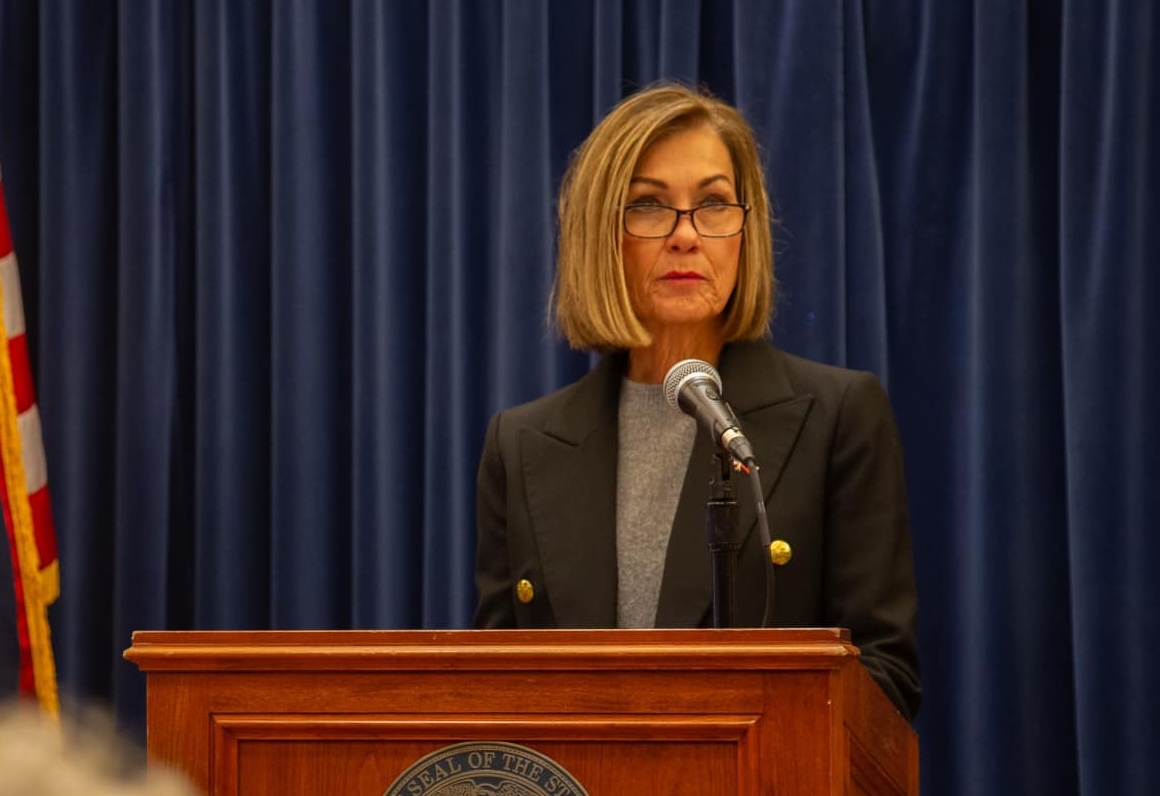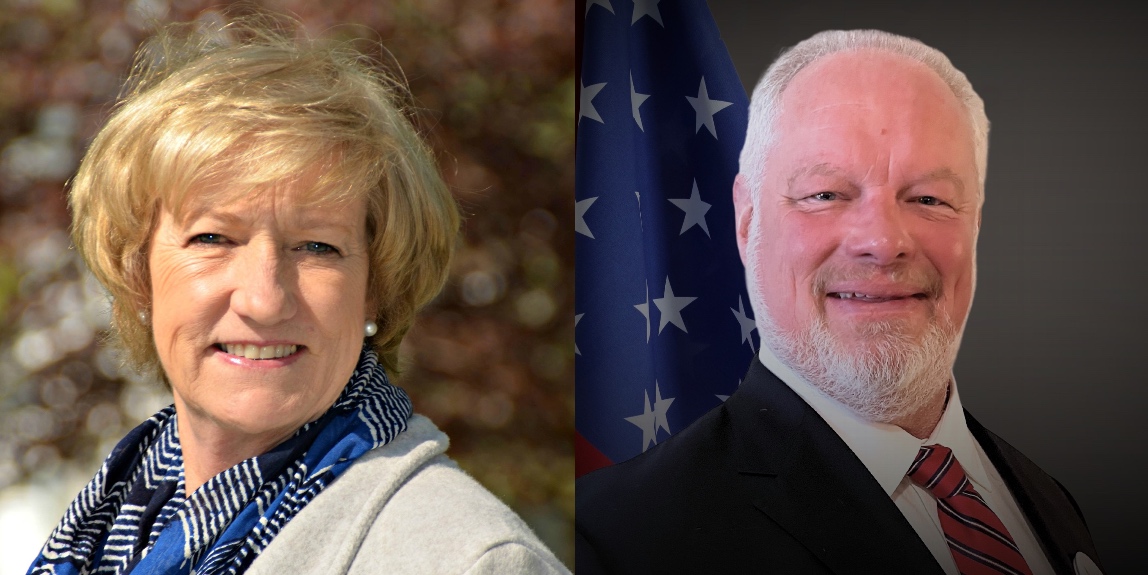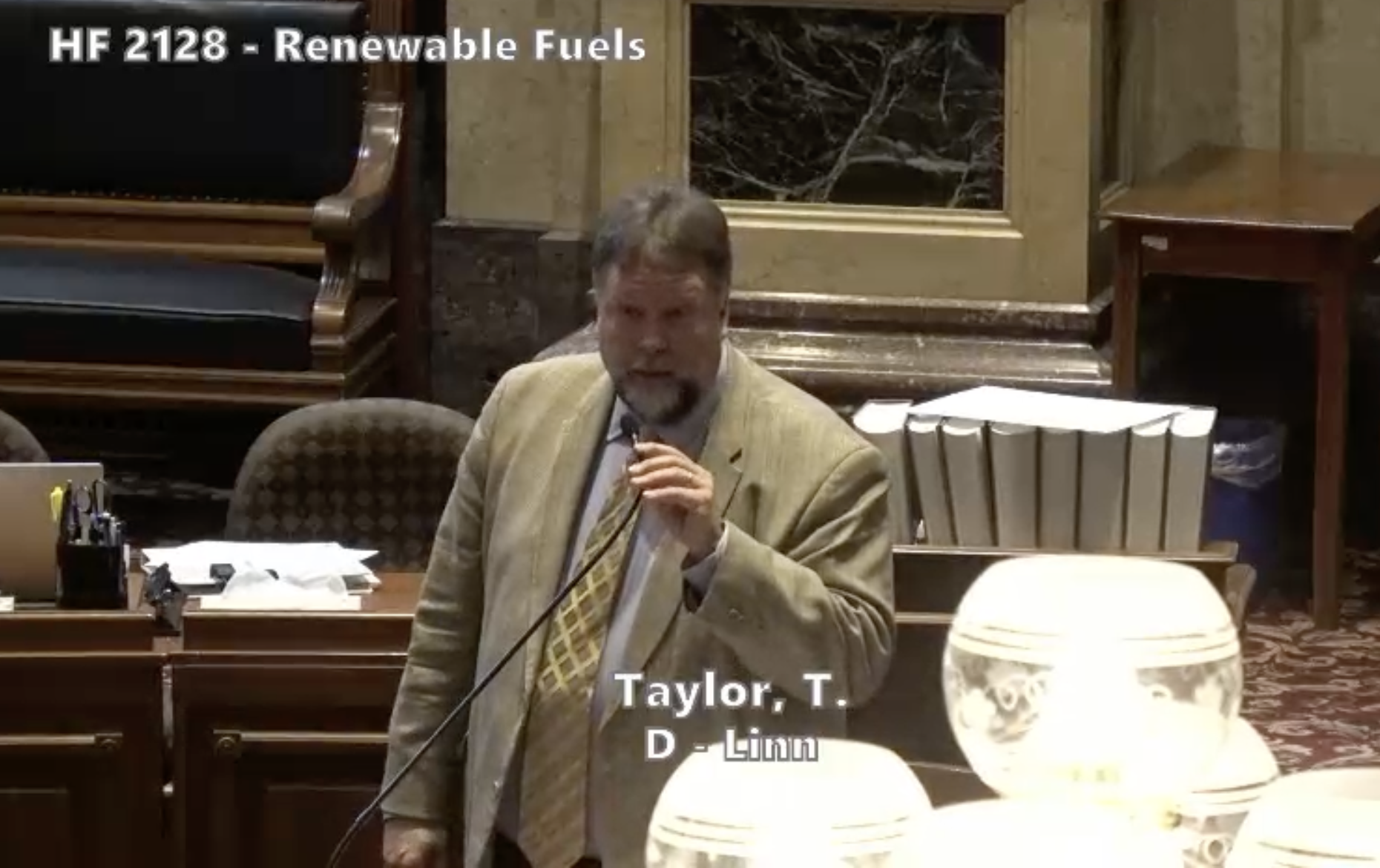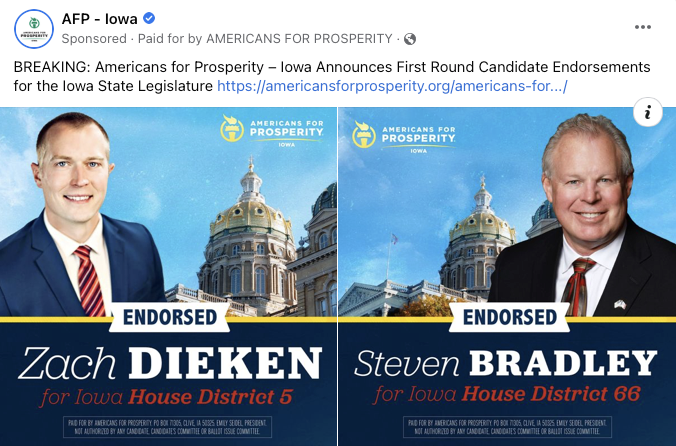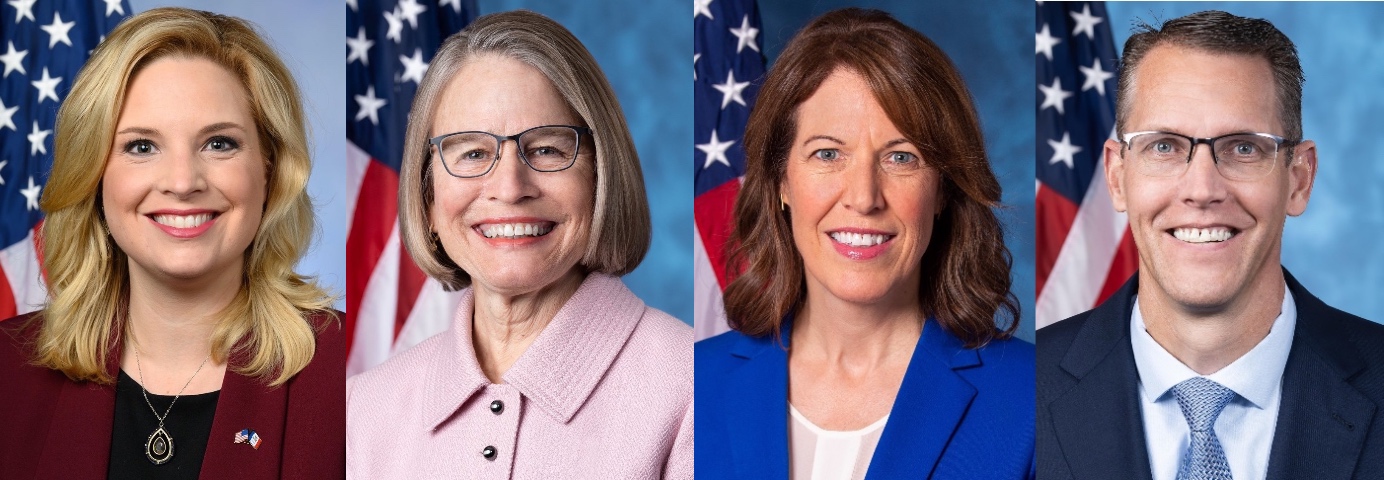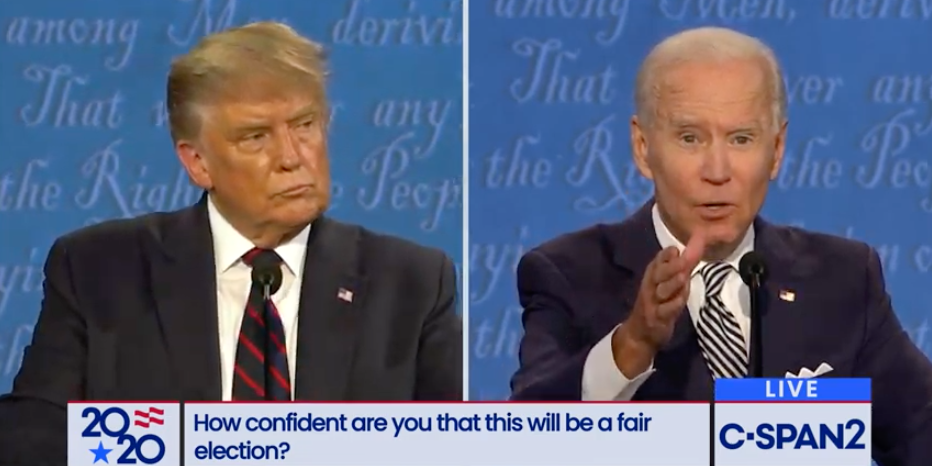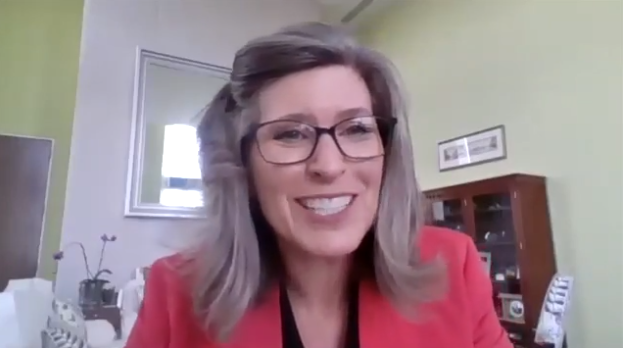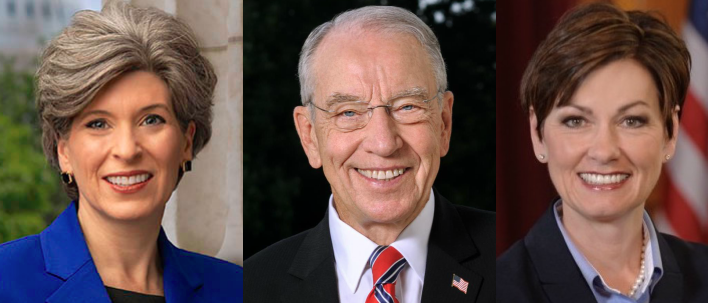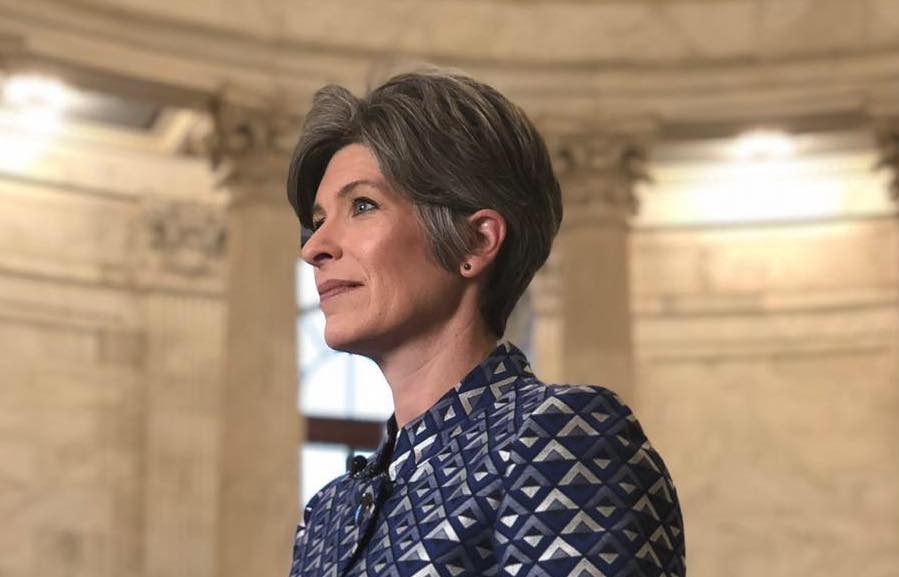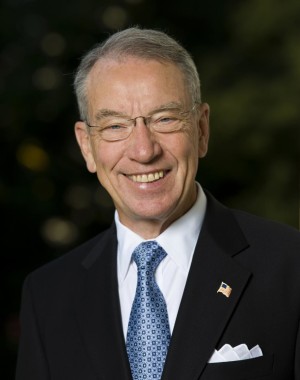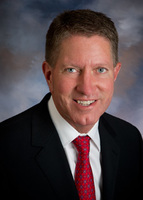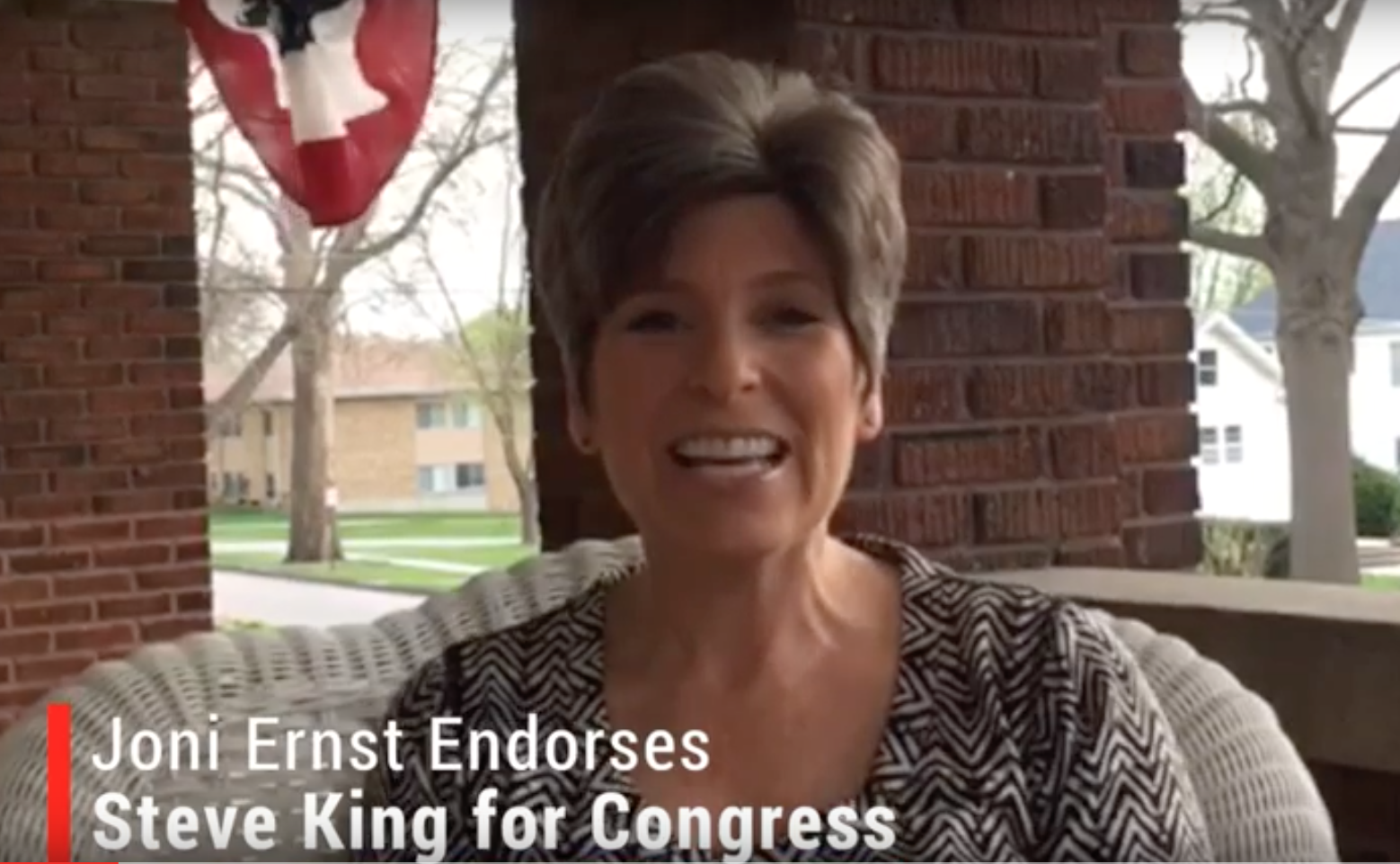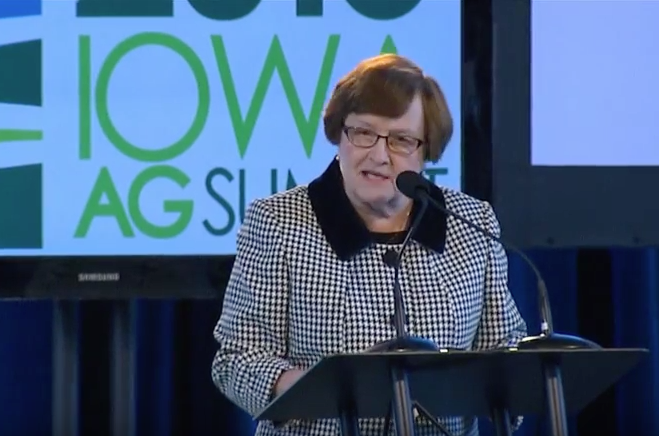Bruce Rastetter visited Trump Tower in New York today, as seen in this photo Craig Robinson posted on Twitter. Since making a fortune in the agriculture sector (large hog lots and ethanol), Rastetter has been among the largest Iowa donors to Republican candidates. He gave the maximum allowable contribution of $2,700 to Trump’s campaign in August, shortly before joining the GOP nominee’s informal agricultural advisory committee, aptly described by Brian Barth as a “who’s who of industrial agriculture advocates.” Rastetter had supported New Jersey Governor Chris Christie before the Iowa caucuses and maxed out to several Republican U.S. senators as well as to Christie’s presidential campaign.
Trump said little about food or agricultural policy during his campaign and has kept people guessing about his favored candidates to run the U.S. Department of Agriculture. Rastetter’s name didn’t appear on short lists for the job published in the New York Times or Modern Farmer, but he was mentioned in similar stories by Politico and Successful Farming. Such articles aren’t necessarily accurate; Idaho Governor Butch Otter has confirmed that he is being vetted for secretary of agriculture, and his name wasn’t on any short list that I’ve seen.
I assumed Rastetter was no longer a serious contender for Trump’s cabinet in part because of his connection to Christie, who appeared to have fallen out of favor soon after November 8. Vice President-elect Mike Pence took charge of the transition effort and specifically “assumed oversight of the transition at USDA,” according to Daniel Looker’s November 21 report for Successful Farming.
On the other hand, Rastetter is a frequent and influential adviser to Governor Terry Branstad, whom Trump selected to be U.S. ambassador to China this month. He was backstage during Trump’s December 8 “thank you” rally in Des Moines. Though he doesn’t obsessively brag about his wealth like the president-elect does, Rastetter has a large enough bank balance to fit into a cabinet packed with billionaires and multimillionaires.
Picking Rastetter to run the USDA would reassure biofuels supporters who are deeply concerned that Trump chose opponents of the Renewable Fuel Standard to run the U.S. Department of Energy (former Texas Governor Rick Perry) and the Environmental Protection Agency (Oklahoma attorney general Scott Pruitt). For what it’s worth, Branstad has claimed “Trump personally reassured him that Pruitt ‘is going to be for ethanol.’” If Trump keeps his promises on immigration policy, the agriculture sector may be facing a different set of problems. Barth observed in this Modern Farmer story that deporting millions of undocumented immigrants “would undermine the agricultural workforce and ripple out in the food economy in unforeseen, but likely negative, ways.”
Rastetter is currently president of the Iowa Board of Regents, the governing body for Iowa’s state universities. His six-year term on that body expires in April 2017, and Democrats have enough Iowa Senate seats to block his confirmation, should Branstad appoint him to another term.
UPDATE: Ryan Foley of the Associated Press predicted that Rastetter’s attempt to use Iowa State University to promote a major land acquisition in Tanzania “will be thoroughly re-examined” if Trump names Rastetter to his cabinet. Foley reported in 2012 that Rastetter “blurred the line between his role as investor in AgriSol Energy […] and his position on the Board of Regents” when working with ISU on his company’s “plan to develop 800,000 acres of Tanzanian farmland for crop production.” Bleeding Heartland posted many more links here on Rastetter’s attempted “land grab” in Africa.
Tom Philpott reviewed the top prospects for the USDA job in a December 20 piece for Mother Jones. Rastetter’s not on his list. Philpott considers him a “truly heinous” option for various reasons.
SECOND UPDATE: Speaking to the Des Moines Register’s Jason Noble on December 21, Trump spokesperson Jason Miller said, “I do not know if Mr. Rastetter is being considered for a particular post. Obviously he’s someone who comes with a wealth of knowledge and is very well-known in Iowa politics. But [I] don’t have any particular updates on his meeting with transition officials.” (Trump is spending this week at his Florida resort.)
JANUARY UPDATE: After a late push to find a Latino for the USDA position, Trump was supposedly leaning toward former Georgia Governor Sonny Perdue, according to Politico’s morning “Playbook” on January 2. Marvin G. Perez and Jennifer Jacobs reported for Bloomberg later the same day,
Perdue appears to be emerging from a broad pack of candidates. Trump and his aides have interviewed several others, including former Texas A&M University President Elsa Murano, former Texas U.S. Representative Henry Bonilla, Texas Agriculture Commissioner Sid Miller, former Texas Agriculture Commissioner Susan Combs, former California Lieutenant Governor Abel Maldonado, Idaho Governor Butch Otter, and North Dakota U.S. Senator Heidi Heitkamp, a Democrat
Continue Reading...



